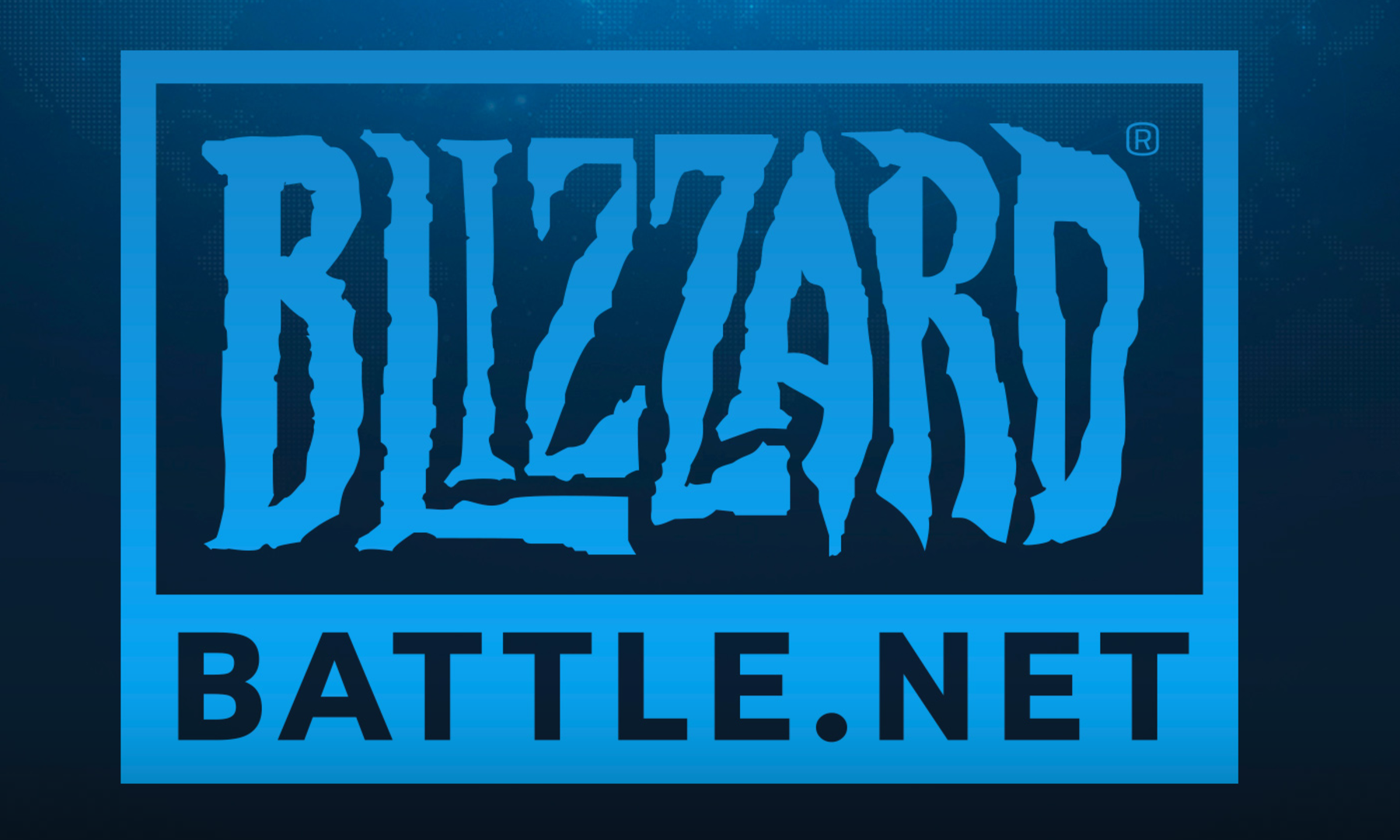By: Christa Cain
The video game industry plays a significant role in new entertainment and technological development. Today, revenues in the gaming industry exceed those of the movie and music industries.[1] Video game players eagerly await the next game to drop or the latest technological improvements.[2] With greater advancements in innovation, game developers are increasingly seeking patents.[3] A patent holder has the exclusive rights to exclude anyone from using, making, offering to sell, selling, and importing their invention for a certain period of time.[4] Game developers seek patent rights to protect and shield the unique qualities of its gaming technology. These patents enable developers to generate a substantial income from its right to monopolize the technology and license the patent to other companies.[5] As the number of video game patents increase, so are the patent-related disputes.[6]
Lurking under the bridges of innovation are patent trolls, which threaten gaming technology’s research and development.[7] Patent trolls are non-practicing entities that accumulate patents, but do not produce or sell the associated technology.[8] Instead, they hunt down patents and use them as a legal weapon to force companies into lawsuits, settlements, or royalty fees.[9] Patent trolls do not foster innovation; rather, they hinder the potential for creativity and unique development. Patent protection rewards inventors for their creations, encourages innovation and creative problem solving, and promotes economic growth.[10] However, patent trolls do not reap these intended benefits; instead, they exploit the monetary advantages that exist within patent infringement.
Substantial amounts of money are consumed in the battle to fight patent trolls.[11] Patent litigation can cost millions of dollars and take years to defend. “A person may not make assertions of patent infringement in bad faith,” therefore, patent trolls rarely succeed in court.[12] Nevertheless, most victims choose to settle quickly rather than fight the costly and time-consuming lawsuits.[13] For example, Landmark Technology is a patent-assertion entity that does not invest in development or commercialization, but instead enforces patent rights.[14] Landmark has filed sixteen patent infringement lawsuits between 2019 to 2022.[15] Of these sixteen lawsuits (plus an additional eleven filed against Landmark), “only four remain pending, with the vast majority settling within a few months of filing.”[16]
Patent trolls threaten the video game industry with vague and overbroad patents. Patent trolls are on the prowl for various forms of patents that can later jeopardize video game companies. Patent trolls operate within many different areas of the video game industry. Primarily, patents centered around non-gaming technology form the basis for these patent infringement claims against gaming developers.[17] Companies can fall victim to overbroad software and design patents that block gaming developers from pursuing their innovations. Additionally, fear of potential litigation discourages developers from exploring new ideas and technology, thus, limiting the gaming industry’s creative potential.[18] Aiming on the cautious side of development further leads to the reduction of diversity and quality of games that consumers so desperately desire.[19]
The issue of patent trolls is likely to increase as time goes on, especially for smaller or start-up video game companies.[20] Patent trolls particularly target companies that do not have the resources to fight its frivolous claims.[21] Therefore, smaller gaming developers must constantly look over their shoulders to avoid being attacked by patent trolls.[22] Video game developers must take several steps to avoid crossing swords with patent trolls. These steps can include maximizing due diligence, engaging in effective negotiations, using owned technology, and joining a trade association or defense network.[23] For those who have already fallen victim, game developers should seek legal counsel to formulate strategies to fight patent trolls such as filing for a motion to dismiss, a motion for summary judgment, or a US Patent Office hearing.[24]
Patents will continue to play a crucial role in advancing the video game industry; however, patent trolls will proceed to disrupt this innovation. The gaming industry is constantly progressing with revolutionary technology, especially now with AI and Virtual Reality. A patent holder will always face legal challenges towards protecting their inventions, and the issues will become increasingly complex with new technological advancements. Therefore, patent protection demands developers to work with well-trained legal experts to protect their technology and combat possible infringement claims. Patent infringement disputes are a costly battle in the video game industry and patent trolls represent a significant threat to possible innovation.
[1] Kyle Gross, Game On: The Rising Prevalence of Patent-Related Issues in the Video Game Industry, 12 SMU Sci. & Tech. L. Rev. 243 (2009).
[2] Id.
[3] Id.
[4] 35 U.S.C § 271.
[5] The Patent Game: Uncovering the Role of Patents in the Gaming Industry, Brealant (May 11, 2023) https://www.brealant.com/ [https://perma.cc/TEP5-Q2PM].
[6] Id.
[7] David B. Hoppe, Don’t Feed The Video Game Industry Patent Trolls, Mondaq (May 21, 2021) https://www.mondaq.com/ [https://perma.cc/9GSK-KYBZ].
[8] Kenneth G. Huang, Escaping the patent trolls: The impact of non-practicing entity litigation on firm innovation strategies, Strategic Management Journal, 1954, 1955 (2024).
[9] Id.
[10] What Are the Objectives of Patent Law?, Barbaria IP (Mar. 23, 2023), https://babariaip.com/ [https://perma.cc/SV8N-U2GR].
[11] Max Baucus, It’s Time for the U.S. to Tackle Patent Trolls, Harvard Business Review (Sept. 16, 2022), https://hbr.org/ [https://perma.cc/A5QW-U35F].
[12] Washington v. Landmark Tech. A, LLC, 637 F. Supp. 3d 1154, 1158 (W.D. Wash. 2022).
[13] Id.
[14] Id.
[15] Id.
[16] Id.
[17] Gross, supra note 1, at 259.
[18] Arlen Olsen, Navigating Patent Infringement in the Gaming Industry, Schmeiser Olsen & Watts LLP (Aug. 20, 2024), https://iplawusa.com/ [https://perma.cc/H5EL-G4GN].
[19] Id.
[20] Hoppe, supra note 7.
[21] Id.
[22] Id.
[23] Id.
[24] Id.; see also, USPTO, https://www.uspto.gov/patents/ptab/hearings (last visited Sept. 25, 2024) (providing information about requesting a hearing with the Patent Trial and Appeal Board).




